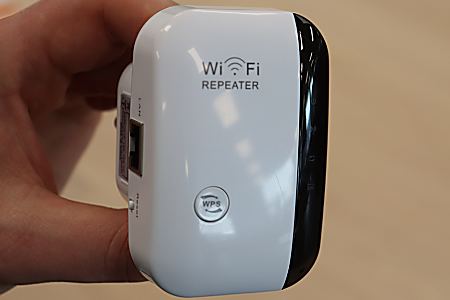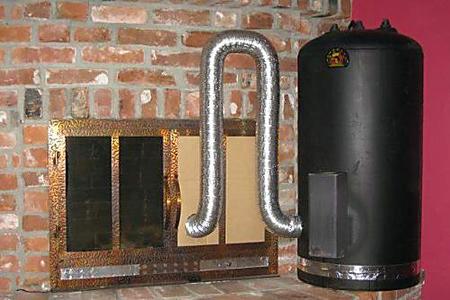National Review

After Federal Reserve chairman Jerome Powell didn’t forecast the loosening of monetary policy that Trump craves and China announced an imminent new round of tariffs, the president launched a Twitter barrage for the ages. He asked rhetorically whether Powell or President Xi is the enemy. He also “hereby ordered” U.S. companies to look for “an alternative to China.” FedEx, Amazon, USPS, and UPS were singled out and instructed to “SEARCH FOR & REFUSE” illegal Fentanyl deliveries. The stock market duly tanked.
The first thing to say about this is that in no world is it appropriate to compare the chairman of the Fed (even one who is allegedly too tight!) to a Communist dictator who runs a gulag and might yet crush the Hong Kong demonstrators.
As for Trump’s “orders” to American business, of course, he has no such power, and it’d be better if he didn’t think in such terms, let alone air them in public, even in impulsive, ineffectual tweets.
Besides Fed policy, the underlying question is the trade war with China, which is intensifying, counter to what had been market expectations of a deal. As we’ve noted in the past, Trump has good cause to want to confront China over its cheating and unfair trade practices, but tariffs are a blunt instrument that hurt us as well as China, and invite ready retaliation from the Chinese.
It is a basic finding of economics that trade restrictions, on balance, reduce economic growth and harm consumers. Numerous analyses have shown that the current tariffs are costing each American household hundreds of dollars each year — and hundreds of thousands of dollars for each job they save in the protected industries — not to mention the suppression of business investment.
We shouldn’t lose sight of the fact that the Chinese have been completely recalcitrant and acted in bad faith, across the decades and during these negotiations. It wasn’t Trump who ripped up on almost-completed agreement earlier this year, but the Chinese. They struck what would have been all the meaningful constraints on their behavior and put the two counties back on a collision course.
That said, there are all sorts of ways, besides tariffs, to pressure the Chinese. We could cooperate more closely with others in the region, including by reviving the Trans-Pacific Partnership. We could put a higher priority on concluding free-trade agreements with Japan and Britain. We could bring more cases against China through the World Trade Organization. We could use rifle-shot retaliation against specific instances of Chinese cheating. We could limit Chinese access to our financial markets and our schools. None of this would be as thunderous as announcements of new tariffs, but it’d be more sustainable and likely more effective over the long term.
What to do now? Perhaps the Chinese have determined to try to wait Trump out through the 2020 election and there’s no way out the current confrontation. If not, Trump should be willing to accept a limited deal that effects a cease fire. Then, we can re-calibrate and build a more strategic pressure campaign with the help of allies.
Despite his prior assurances, the president is learning that trade wars are hard. Certainly much harder than sending table-thumping Tweets.
Loading...





















